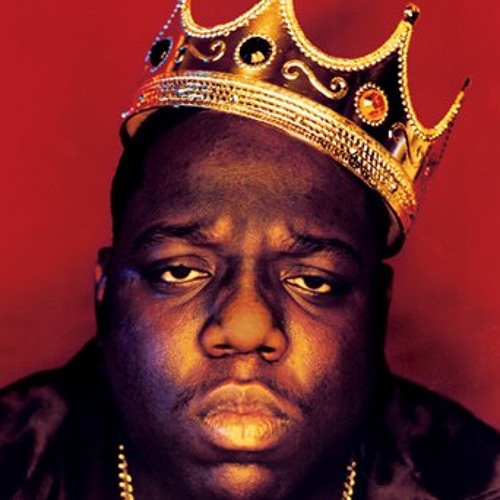For those who weren’t around back then: The 2009 aero regs introduced multi-element front wings. These new wings allowed for significantly more downforce allowing for cars to handle more power before losing grip. However, when an attacker got within a second or two of someone they’d start to lose all that new grip and power due to dirty air. This was a tremendous disadvantage to an attacker to the point where faster (on paper) cars would just get stuck behind slower ones.
Two years later in 2011, DRS was introduced to “promote passing”. It didn’t directly reduce the dirty air, but it gave enough of an advantage to an attacker to offset the disadvantage of dirty air. This was pretty controversial initially with some calling it “push to pass”, but over time we have mostly either become used to it or it is the only thing we’ve known.
The new 2021 aero regulations have been very successful in cleaning up dirty air. The disadvantage to attacking has been significantly reduced as they can get much closer before losing all that grip. Rather than reduce the advantage of DRS to compensate, the FIA has been adding in additional DRS zones. They have now reduced the advantage to slower cars, while simultaneously increasing the advantage to faster cars. This is just exacerbating the already existing performance gaps between teams and I’m pretty sure we all want the grid to be more competitive.
In my opinion, this is causing the grid to spread out and settle into position too early on into races. The remainder/end of races are fairly boring unless something chaotic happens like weather or a safety car. Desert race with long straights? :yawn: DRS was a quick and easy solution, but I think the FIA should be reducing DRS zones at a minimum, if not just remove DRS all-together.
tldr; DRS was a bandaid. The FIA should also reduce/remove the bandaid now that they’ve reduced dirty air.


The existance of so called DRS trains would suggest that without DRS it would not be possible for cars to pass easily. We would go back to races where we’d only see maybe three passes in a whole race. Even super fast cars like the current Red Bull could get stuck behind cars that are 1 sec per lap slower, like the current Ferrari. Races would become boring and meaningless, with the only difference between the quali result and the race result being people who were way out of position, better strategy (pitstop passes) and crashes/reliability.
F1 nearly died with super boring races and dwindling viewers. Yes DRS is bullshit artificial nonsense and doesn’t seem like it’s fair from a sporting standpoint. But it saved F1.
Also the problem of dirty air goes back a whole lot further than 2009. We all remember the infamous Trulli trains. Jarno Trulli would qualify something like 4th or 5th with a slower car. Kinda like Hulk does this season. Then there would be a whole train going back to at least 10th place which would be unable to pass him, even though Trulli would lose at least 1 sec per lap on the cars in front of him.
With aero dominated cars, this is a fact of life. Even without the aero aspect, overtaking means going off line, which reduces grip not only when off line but for the next couple of corners as well. So you need a pretty big speed differential to do it. With a competitive grid, these speed differentials might not exist, with boring races as a result.
Also it isn’t like the whole thing isn’t already full of artificial rules and techniques to make the racing more entertaining.
F1 is entertainment first and a sport second, they want to put on a good show.
The “entertainment first sport second” thing I find myself struggling with a little bit. On the one hand I want it to be a “fair” sport. On the other hand, I’m ultimately watching it for entertainment so I want a good show. If I’m being honest with myself, I’d probably stop watching if there was only one or two passes per race.